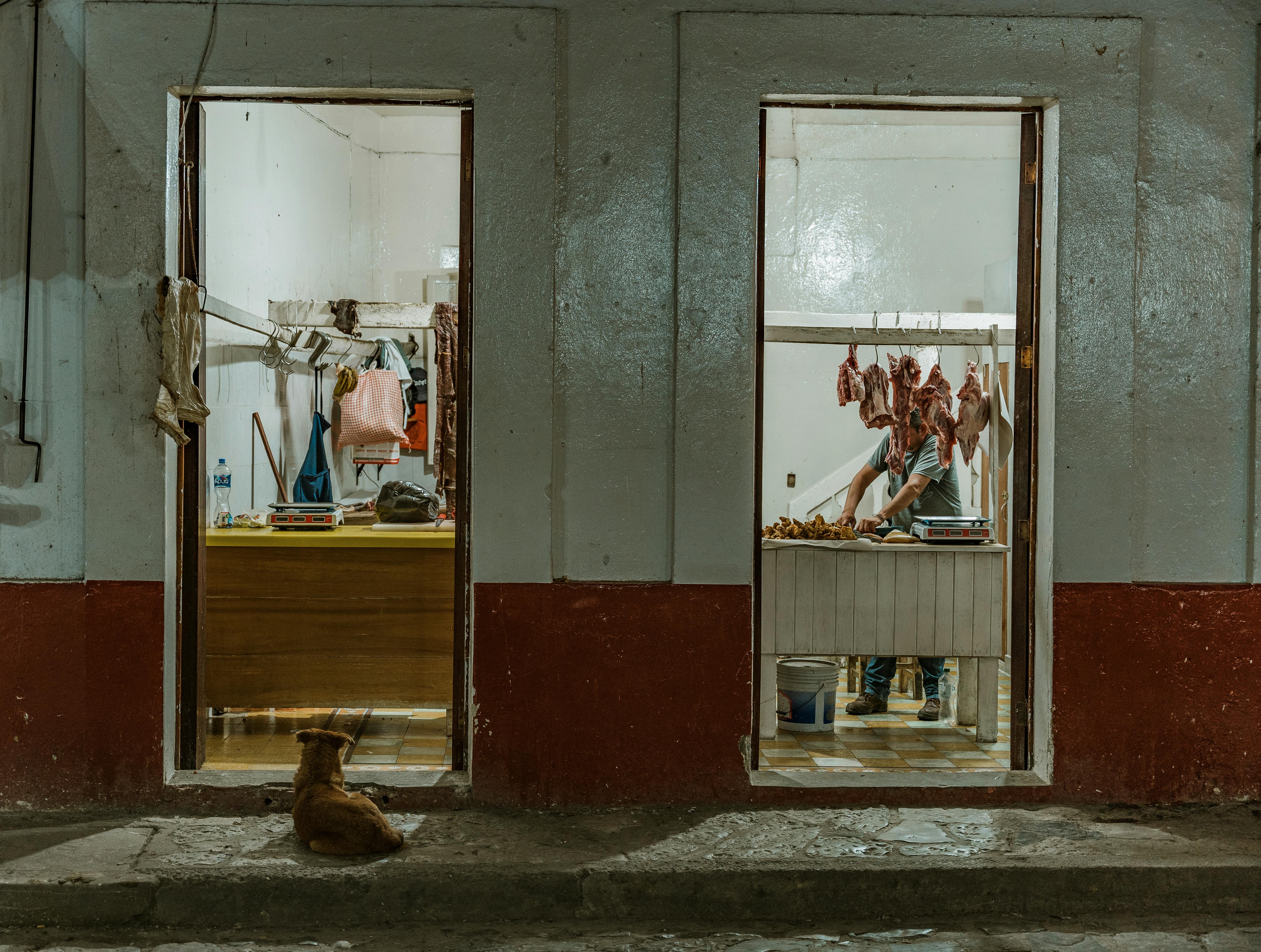What Are the Best Traits for Dogs Left Home Alone?

What Are the Best Traits for dogs Left Home Alone?
Leaving a dog home alone can be a challenge for both the pet and the owner. While it's natural to feel concern for your furry friend's well-being when you're not around, certain traits can ensure they remain happy and calm in your absence. This post explores the top qualities to look for in a dog that’s often left home alone.
Independence
Independence is a crucial trait for dogs that spend significant time alone. Independent dogs are less likely to experience separation anxiety or destructive behavior when their owners are away. Breeds known for their independence include Basenjis, Shiba Inus, and Greyhounds.
Low Energy Levels
Dogs with lower energy levels typically require less stimulation and are more content lounging around the house. This makes them ideal for being alone for extended periods. Examples of low-energy dog breeds include Bulldogs, Basset Hounds, and Saint Bernards.
Adaptability
Adaptability in a dog means they can easily adjust to different situations without getting stressed. This trait is vital when your routine changes, potentially altering how long your dog is left alone. Poodles, Labradors, and Boxers are known for their adaptable natures.
Size
While size doesn't directly affect how well a dog deals with being alone, smaller breeds such as Chihuahuas or Toy Poodles often require less space and exercise, making them more suitable for apartment dwellers who work full time. However, many larger breeds can also display qualities that make them good companions for solitary days.
Training and Intelligence
A well-trained dog is generally more comfortable staying alone. Training provides the mental stimulation that dogs need to stave off boredom and frustration. Additionally, intelligent dogs tend to find ways to entertain themselves and are less prone to anxiety. Breeds renowned for their intelligence and trainability include German Shepherds, Border Collies, and Golden Retrievers.
Socialization
Properly socialized dogs are typically more confident and less anxious overall, including when they are alone. Socialization involves exposing your dog to various people, other animals, and different environments, which can help reduce fears and aggressive behavior when they are isolated.
Age
The age of a dog also plays a role in how well it copes with solitude. Puppies and very young dogs may struggle more with being alone because their need for interaction and stimulation is higher. Conversely, adult and older dogs can adapt more easily to longer periods of solitude.
Conclusion
Choosing a dog that can handle being alone is important for those who work full time or frequently travel. While some traits are naturally more conducive to solitary time, most dogs can be trained and conditioned to handle alone time healthily. Regardless of breed, providing a safe, comfortable environment and adequate training are key to ensuring your dog stays happy and healthy when home alone.